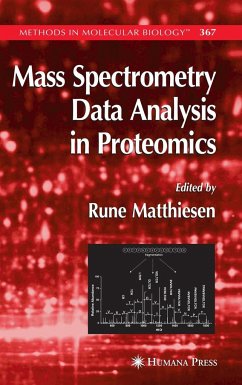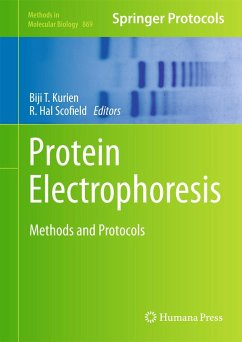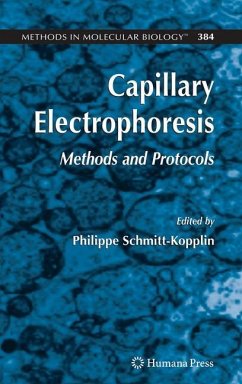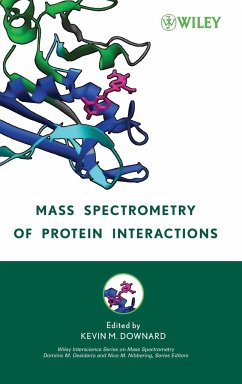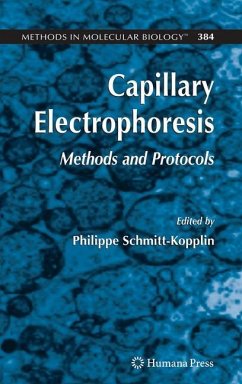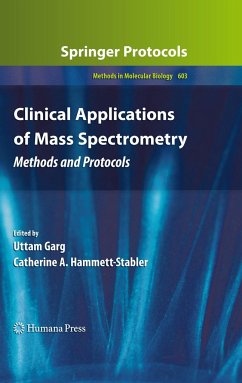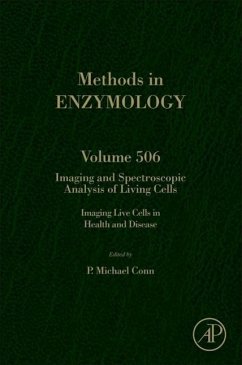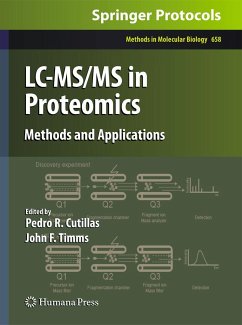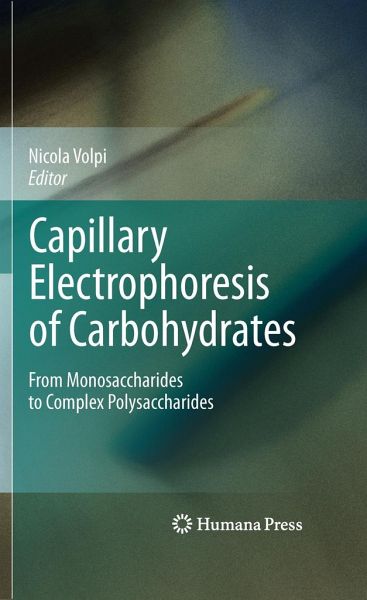
Capillary Electrophoresis of Carbohydrates
From Monosaccharides to Complex Polysaccharides
Herausgegeben: Volpi, Nicola
Versandkostenfrei!
Versandfertig in 6-10 Tagen
113,99 €
inkl. MwSt.

PAYBACK Punkte
57 °P sammeln!
Simple carbohydrates, complex oligosaccharides and polysaccharides all belong to a class of ubiquitous (macro)molecules that exhibit a wide range of biological functions, and the recent advent of enhanced enzymatic, chemical and analytical tools used to study these sugars has inaugurated a genuine explosion in the field of glycomics. Specifically, it has led to a deeper understanding of how specific sugar structures modulate cellular phenotypes, and that breakthrough has led to the discovery of new pharmaceuticals for the treatment of many serious diseases, such as cancer. The subsequent rapid...
Simple carbohydrates, complex oligosaccharides and polysaccharides all belong to a class of ubiquitous (macro)molecules that exhibit a wide range of biological functions, and the recent advent of enhanced enzymatic, chemical and analytical tools used to study these sugars has inaugurated a genuine explosion in the field of glycomics. Specifically, it has led to a deeper understanding of how specific sugar structures modulate cellular phenotypes, and that breakthrough has led to the discovery of new pharmaceuticals for the treatment of many serious diseases, such as cancer. The subsequent rapid expansion of this research holds high promise for future therapeutic regimens, and capillary electrophoresis (CE) refers to the range of related separation techniques that are integral to this vital research.CE uses narrow-bore fused-silica capillaries to separate a complex array of large and small molecules, and Capillary Electrophoresis of Carbohydrates offers a comprehensive look at the latest breakthroughs and improvements in CE and CE techniques applied to monosaccharides up to complex oligosaccharides and polysaccharides. It begins with an overview of the application of CE and CE- mass spectrometric in the analysis of simple carbohydrates without any previous derivatization step before discussing various detection techniques such as spectrophotometric detection, electrochemical detection and other less common techniques. It then covers in detail an array of related topics and numerous applications. It is an essential text for anyone exploring the myriad possibilities of this rapidly expanding field.





